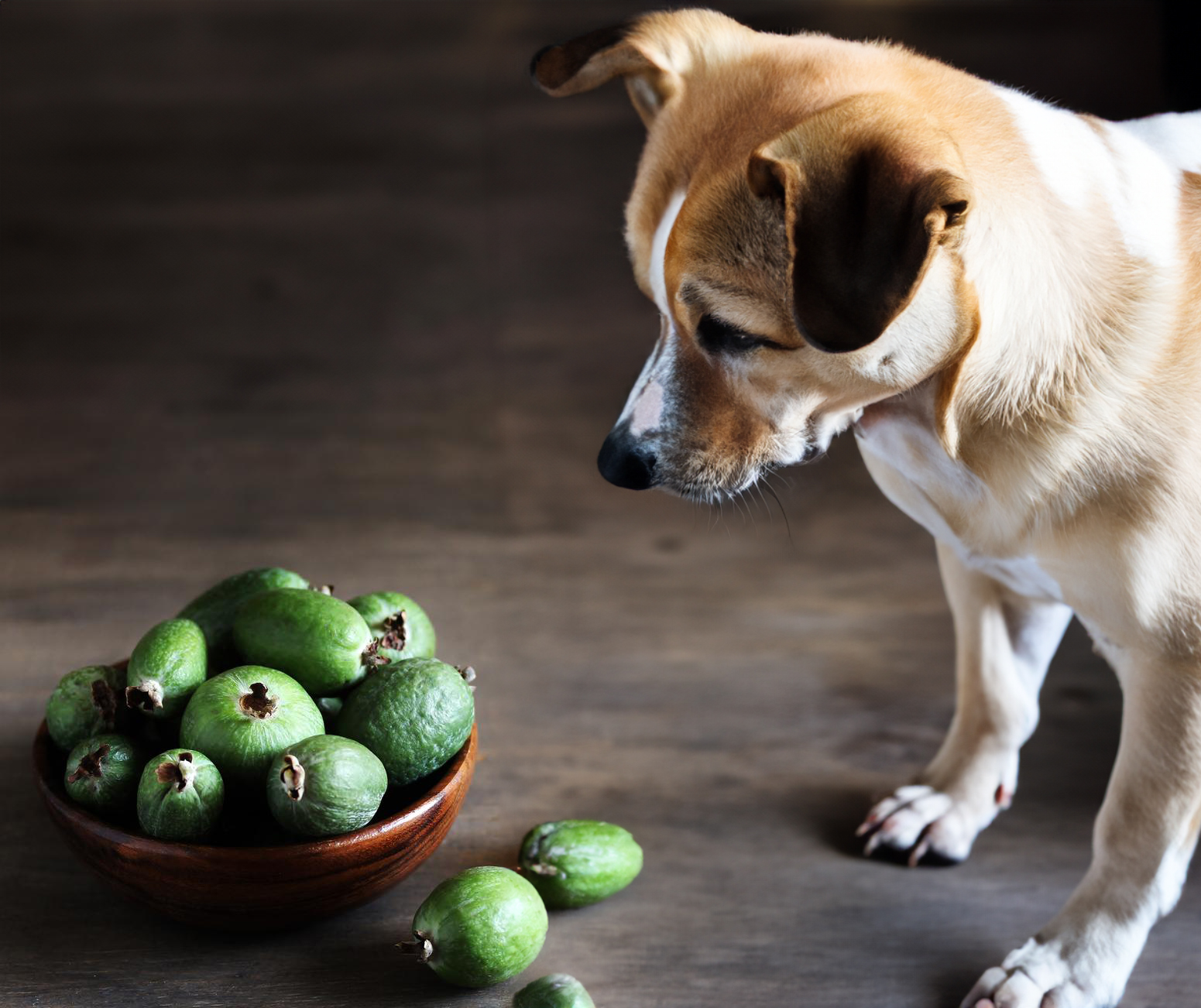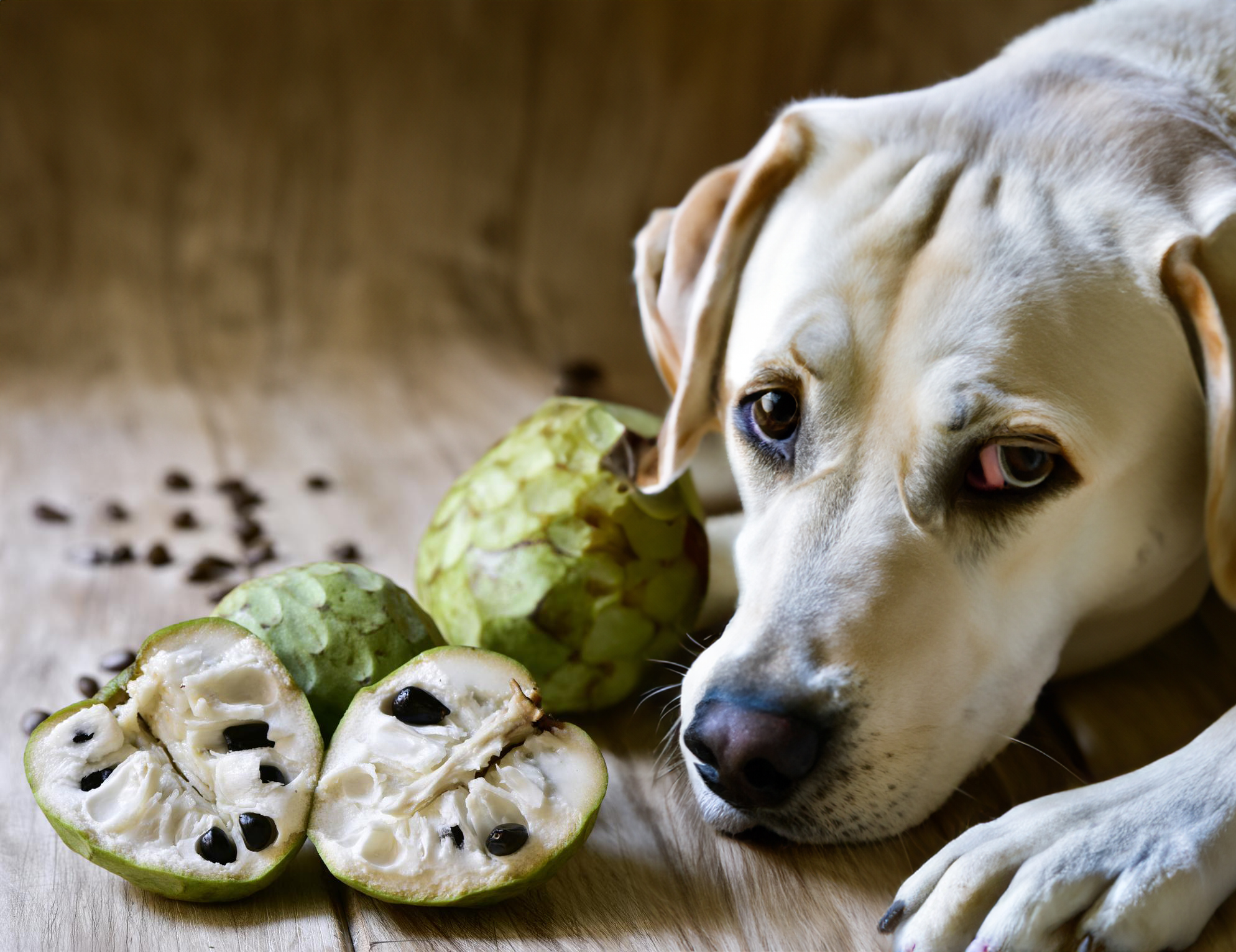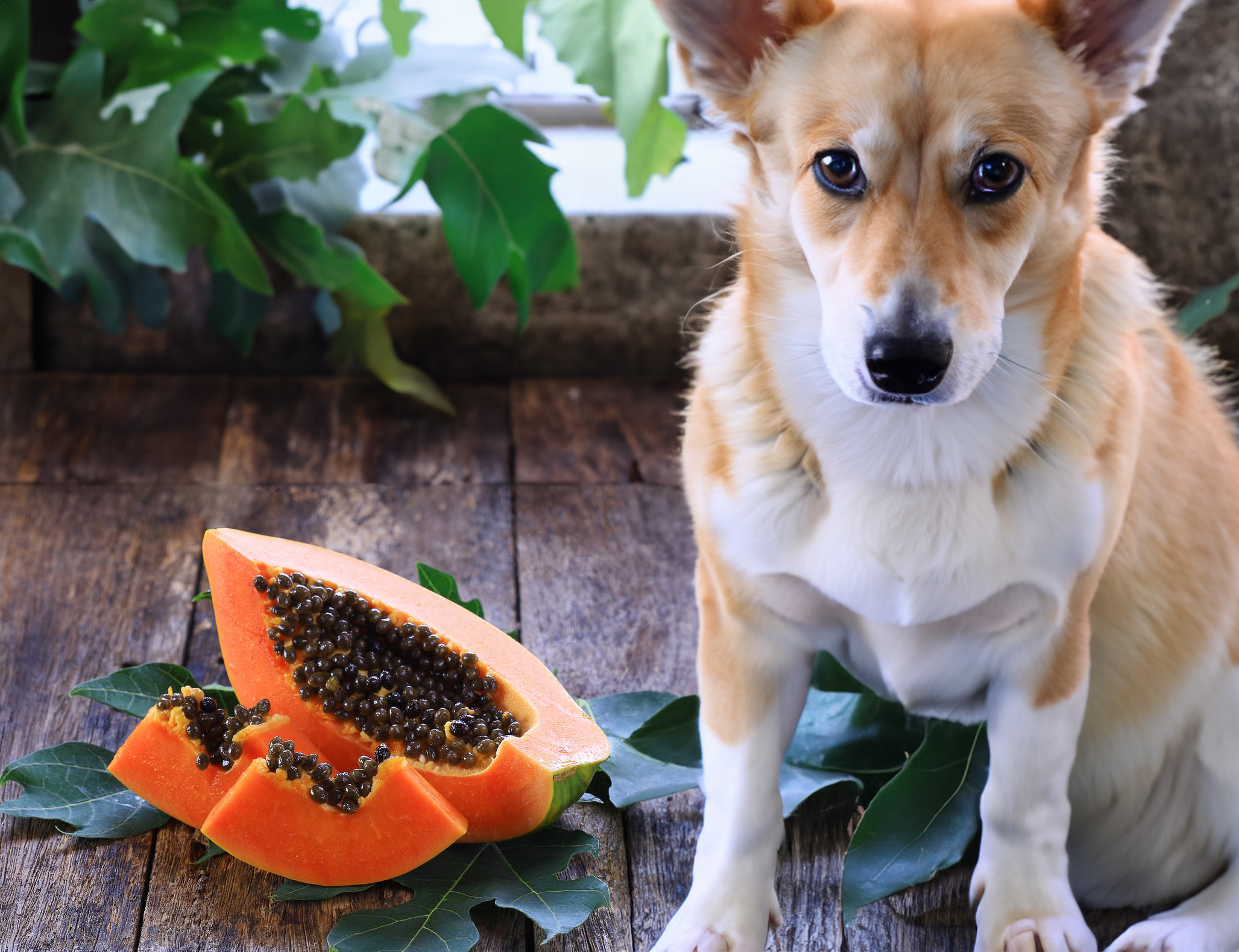Feeding your pup a variety of healthy snacks is important for maintaining their health, but it can be difficult to differentiate between fact and fiction when it comes to what’s safe for your pet. Nectarines are a delicious snack for humans, but the question remains: can dogs eat nectarines, too? In this blog post, we’ll dive into the facts and debunk any myths surrounding feeding your pup nectarines.
Understanding Canine Nutrition
To ensure the health and well-being of your furry friend, it is crucial to have a solid understanding of canine nutrition. Dogs have specific dietary needs that differ from humans, and providing them with a balanced and nutritious diet is essential for their overall health.
Dogs are omnivores, meaning they can eat a combination of meat and plant-based foods. While meat is an important source of protein for dogs, they also require a variety of vitamins, minerals, and carbohydrates to thrive. A well-balanced diet for dogs typically consists of high-quality commercial dog food that is specifically formulated to meet their nutritional needs.
When it comes to feeding your dog snacks or treats, it is important to choose options that are safe and healthy. Some human foods can be toxic to dogs, so it is crucial to be aware of what is safe to feed them. Before introducing any new food into your dog’s diet, it is always best to consult with your veterinarian to ensure it is appropriate for your pup’s specific needs.
In the next sections, we will explore whether dogs can safely eat nectarines and discuss the potential risks and benefits associated with feeding nectarines to your furry companion.
Myth Busting: Nectarines and Dogs
When it comes to feeding your furry friend, it’s important to separate fact from fiction. There are plenty of myths surrounding whether or not dogs can safely eat nectarines. Let’s bust those myths and get to the truth!
One common myth is that nectarines are toxic to dogs. Thankfully, this is not true. Nectarines are safe for dogs to eat, as long as they are given in moderation and prepared properly. However, there are a few important things to keep in mind.
Firstly, make sure to remove the pit and the skin before feeding your dog a nectarine. The pit can pose a choking hazard and the skin can be difficult for dogs to digest. Additionally, be cautious of the size of the nectarine slice you give your dog. Small, bite-sized pieces are easier for them to handle.
It’s also worth noting that while nectarines are safe for dogs, they should still be considered a treat and not a staple of their diet. Like any other treat, nectarines should be given in moderation to prevent stomach upset or potential weight gain.
Overall, nectarines can be a delicious and nutritious treat for your furry friend, as long as you take the necessary precautions. Always consult with your veterinarian before introducing any new food into your dog’s diet to ensure it is safe for them.
Can Dogs Eat Nectarines?
Now that we’ve debunked some of the myths surrounding feeding dogs nectarines, let’s get to the heart of the matter: can dogs actually eat nectarines? The answer is yes, but with some important caveats.
Nectarines are safe for dogs to eat, as long as they are given in moderation and prepared properly. Remember to remove the pit and the skin before offering your furry friend a tasty treat. The pit can be a choking hazard, and the skin may be difficult for dogs to digest. Additionally, be mindful of the size of the nectarine slice you give your dog – small, bite-sized pieces are easier for them to handle.
While nectarines are safe, it’s important to remember that they should still be considered a treat and not a staple of your dog’s diet. Like any other treat, nectarines should be given in moderation to prevent stomach upset or potential weight gain.
Risks of Feeding Nectarines to Dogs
While nectarines are generally safe for dogs to eat, there are a few potential risks that you should be aware of. One of the main risks is the choking hazard presented by the pit of the nectarine. The pit can easily become lodged in your dog’s throat and cause a blockage, which can be life-threatening. It is crucial to always remove the pit before feeding your dog any nectarines.
Another risk is the potential for digestive issues. Some dogs may have difficulty digesting the skin of the nectarine, which can lead to upset stomach, diarrhea, or even pancreatitis. To minimize the risk of digestive problems, it is recommended to remove the skin before offering nectarines to your furry friend.
Lastly, nectarines, like other fruits, contain natural sugars. While these sugars are not inherently harmful to dogs, excessive consumption can lead to weight gain and even diabetes. It is important to remember that nectarines should be given in moderation as a treat, rather than a regular part of your dog’s diet.
By being aware of these risks and taking the necessary precautions, you can safely enjoy sharing nectarines with your four-legged companion.
Health Benefits of Nectarines for Dogs
While nectarines can be a tasty treat for your furry friend, they also offer some health benefits. These delicious fruits are packed with vitamins and nutrients that can contribute to your dog’s overall well-being.
Firstly, nectarines are a great source of vitamin C, which is essential for boosting your dog’s immune system. This vitamin helps to strengthen their natural defenses against illnesses and can help prevent infections.
Additionally, nectarines contain dietary fiber, which is important for promoting a healthy digestive system in dogs. Fiber aids in proper digestion and can prevent issues such as constipation.
Nectarines also provide antioxidants, such as beta-carotene, which can help protect your dog’s cells from damage caused by free radicals. These antioxidants play a role in reducing the risk of chronic diseases and can contribute to your dog’s overall longevity.
It’s important to note that while nectarines offer health benefits, they should still be given in moderation. Too many nectarines can lead to an upset stomach or potential weight gain for your pup. As always, consult with your veterinarian before introducing any new foods into your dog’s diet.
Alternatives to Nectarines for Dogs
If you’re looking for some tasty alternatives to nectarines for your furry friend, there are plenty of safe and healthy options to consider. While nectarines can be a delicious treat for dogs, it’s always good to have a variety of snacks on hand to keep things interesting. Here are a few alternative fruits that dogs can enjoy:
- Apples: This crunchy and refreshing fruit is a great choice for dogs. Just make sure to remove the seeds and core before feeding it to them.
- Blueberries: These little antioxidant powerhouses are packed with vitamins and minerals. They make for a tasty and healthy snack that dogs love.
- Watermelon: This hydrating fruit is a summertime favorite for both humans and dogs. Just be sure to remove the seeds and rind before offering it to your pup.
- Bananas: Full of potassium and fiber, bananas are a great natural snack for dogs. They’re also easy to mash up and mix into homemade dog treats.
- Strawberries: These sweet and juicy berries are a great source of vitamins and antioxidants. Just be sure to remove the green tops before sharing them with your pup.
Remember, moderation is key when it comes to feeding your dog any treats, including fruit. Always consult with your veterinarian before introducing new foods into your dog’s diet to ensure they are safe and suitable for your furry friend.










